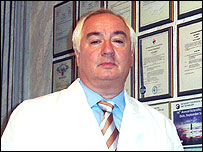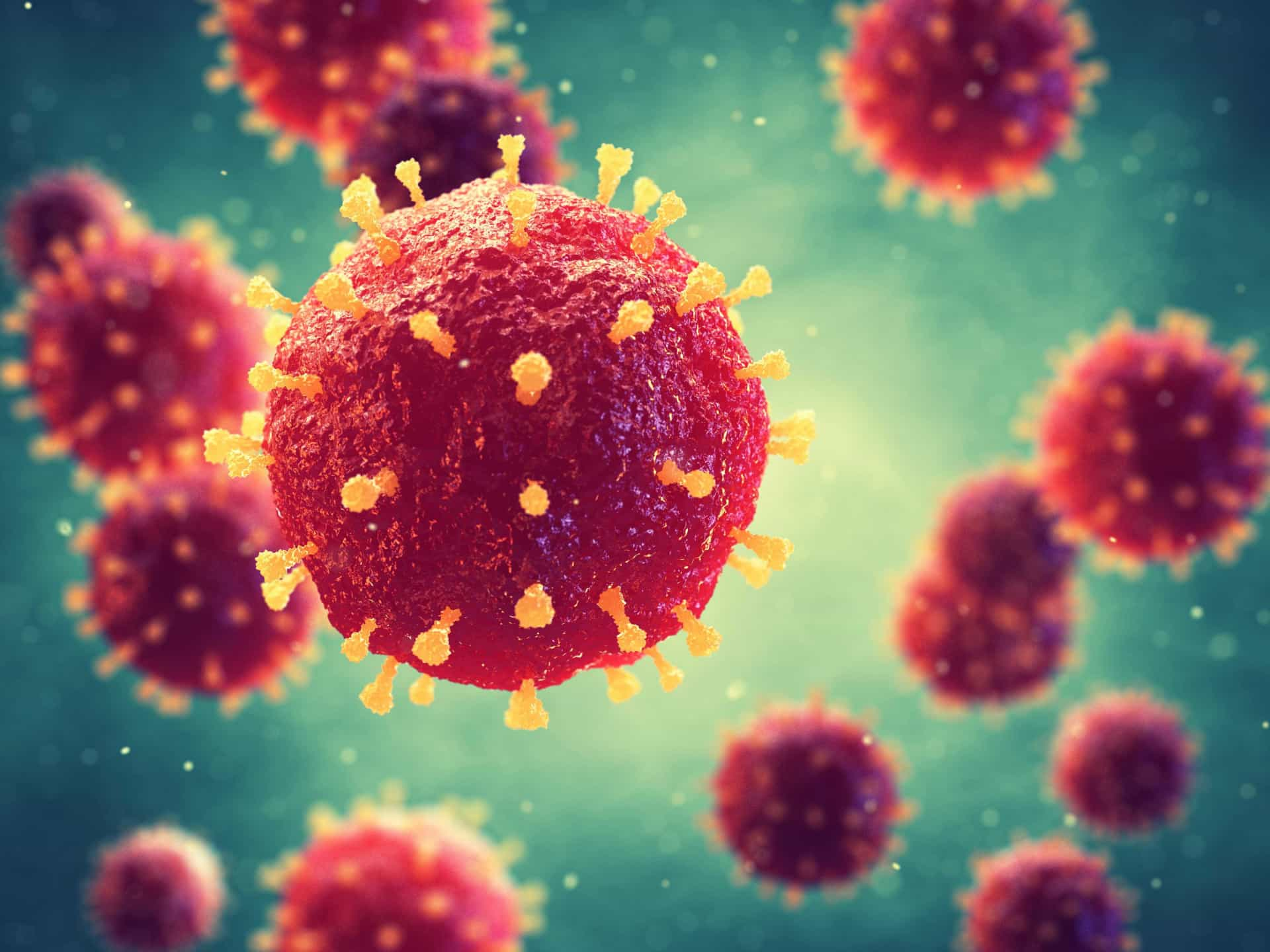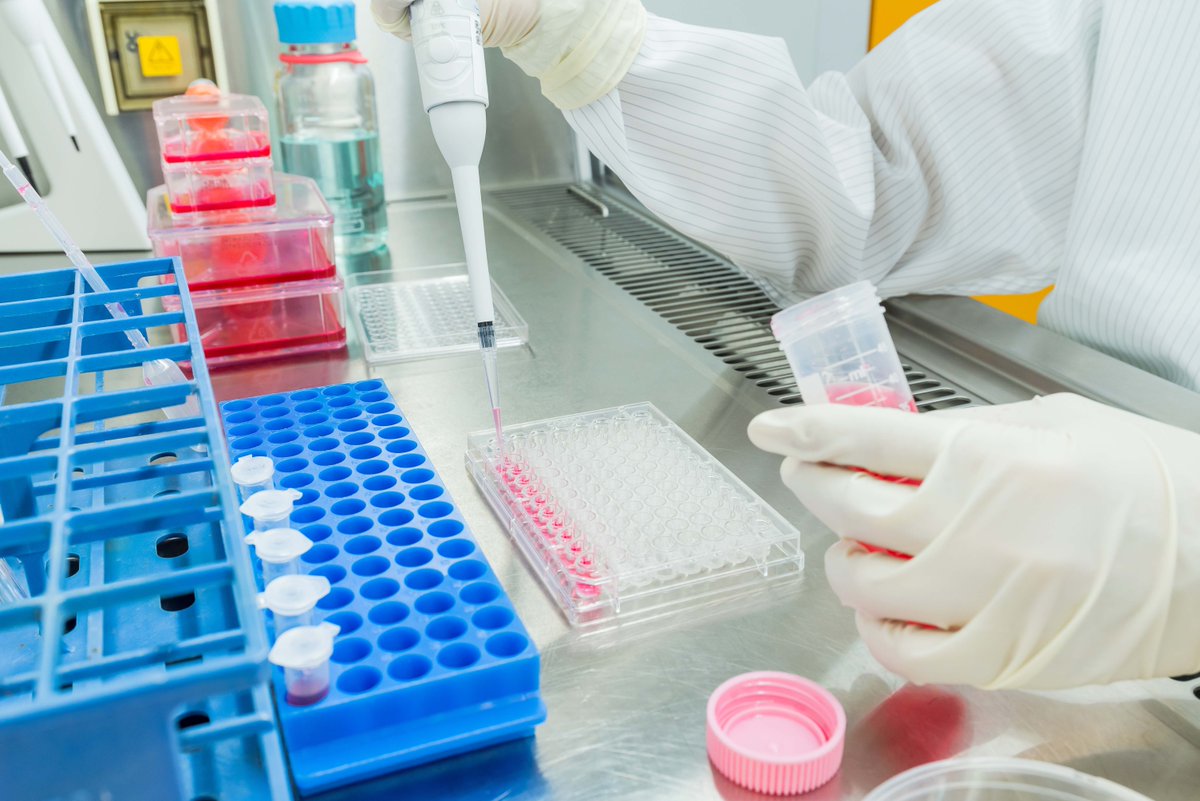Cancer treatment using cell therapy
Prehistory
 In 1986, an accident at the Chernobyl nuclear power plant occurred in the USSR, which led to radiation poisoning within a radius of 30 km in Ukraine and Belarus. The accident was successfully liquidated, but after a few years, a surge in oncological diseases started in Ukraine. The fight against cancer in Ukraine was organized at the state level. Scientists and doctors collectively developed the most innovative drugs and treatment methods for oncological diseases. One of the pioneers in the fight against cancer was the founder of the Unique Cell Treatment Clinic - Professor Alexander Smikodub. The methods of stem cell treatment for cancer he developed are considered as the most effective and successfully applied in Ukraine and other countries.
In 1986, an accident at the Chernobyl nuclear power plant occurred in the USSR, which led to radiation poisoning within a radius of 30 km in Ukraine and Belarus. The accident was successfully liquidated, but after a few years, a surge in oncological diseases started in Ukraine. The fight against cancer in Ukraine was organized at the state level. Scientists and doctors collectively developed the most innovative drugs and treatment methods for oncological diseases. One of the pioneers in the fight against cancer was the founder of the Unique Cell Treatment Clinic - Professor Alexander Smikodub. The methods of stem cell treatment for cancer he developed are considered as the most effective and successfully applied in Ukraine and other countries.
Malignant tumors
Oncological diseases include all types of malignant tumors. About 6 million new cases of cancer are registered annually in the world, and even in economically prosperous countries, the incidence of malignant tumors is constantly growing. According to the World Health Organization, in the near future mortality from cancer pathology will come first, ahead of cardiovascular disease. Cancer is characterized by the formation and growth of abnormal cells inside the body.
Common characteristics of malignant tumors are as follows:
- tissue atypism: loss of ability to differentiate correctly into necessary for a certain organ cell type
- uncontrolled aggressive growth with damage to the organ and adherent tissues
- ability to metastasize: the spread of cancer cells through the bloodstream or lymph throughout the body with the formation of new foci of tumor growth
Most cancer tumors are found in people over 50 years, which is partly explained by aging processes in the body. In men, prostate and lungs are most commonly affected, in women - the mammary glands. Any oncological disease leads to abnormal or incomplete functioning of internal organs, tissues and systems affected by tumor and metastases, and also can cause many complications, such as anemia, exhaustion, loss of appetite, frequent nausea and vomiting, constant fatigue, prolonged fever, and lymphadenopathy.
Diagnostics and treatment of cancer
It is important to regularly undergo medical examinations and check-ups, because early diagnostics of cancer and modern treatment methods allow to completely cure many tumors found in the early stages, thus prolonging human life for many years.

Cancer treatment methods are diverse:
- surgical removal;
- chemotherapy;
- radiation therapy;
- biotherapy, and others.
These methods can be used separately or in different combinations and in different sequences. The effectiveness of treatment depends on the histological structure of the tumor (type and degree of malignancy), localization, stage of development and general condition of the patient. Treatment is considered radical when the tumor has been completely removed by surgery or completely resorbed after irradiation or chemotherapy. The fact of a stable cure is established after 5 years of monitoring the patient without relapse or metastasis. If the treatment did not achieve such a result or gave only a temporary effect, such treatment is called palliative. The healing of certain clinical manifestations, but not the tumor itself, is called symptomatic.
Surgical treatment in oncology involves the so-called principle of ablastic surgery: removal of the entire tumor with simultaneous removal of regional lymph nodes and lymphatic sinuses. In many cancer localizations, surgery is combined with chemotherapy and radiation therapy.
Radiation therapy is used limitedly due to different sensitivity to radiation exposure of tumors in different sites. To date, radiation exposure to cancer is carried out by remote or intracavitary X-rays and gamma rays of radioactive elements.
Biotherapy means the use of various biological agents - interferons, vaccines, activated lymphocytes and other immunomodulating drugs.
Chemotherapy is currently becoming the most important treatment method used to reduce tumor mass, regress or prevent the development of metastases. It is used as a radical (separately and in combination; before or after surgery) and as a palliative (for inoperable tumors) treatment. A number of side effects are expected to develop: nausea, vomiting, allergic reactions, diarrhea, anemia, leukopenia, thrombocytopenia, stomatitis. Long-term chemotherapy has varying degrees of severity of nephro-, cardio-, neuro- and ototoxicity. The development of these complications, in turn, limits the further specific antitumor treatment.
Cancer treatment using stem cells
Unique Cell Treatment Clinic has a positive experience in treating all forms of cancer pathology at all stages of the disease, using preparations based on fetal stem cells in conjunction with traditional antitumor treatment methods.
Application of stem cells allows oncologists to carry out radiation therapy and chemotherapy in relatively high doses to achieve maximum elimination of tumor cells, and also helps patients to quickly restore their immunity. The pharmacological agents used in chemotherapy have a pronounced immunosuppressive effect (that is, inhibit cell division), which affect not only cancer cells but also immunocompetent cells, especially lymphocytes. When the immune system is unable to cope with protective function, the body becomes vulnerable to the external effects of bacterial viruses, and also increases the risk of developing autoimmune and immunodeficiency conditions.

The aim of our treatment at this stage is to create a strong immune system of the patient that can “fight” the underlying disease and negative external and internal risk factors in the future. Fetal stem cells give rise to all myeloid (RBC, neutrophils, platelets) and lymphoid blood cells (T-lymphocytes, B-lymphocytes), that is, they have an immunostimulating effect - increase the number of immunocompetent cells, and also increase their functional activity. Stem cell therapy is also effective when surgical removal of the tumor cannot be initiated due to complications such as anemia, fatigue, exhaustion, thrombocytopenia, and depression.
Specialists of UCTClinic have developed therapeutic methods that are successfully applied before, during and after the implementation of radical antitumor actions:
- Stem cells injected before radical anticancer therapy prepare the patient's body for surgery and increase the tolerability of radical anti-cancer procedures. After surgical removal of the tumor, the healing process of the postoperative wound is accelerated, the consequences and complications of anesthesia are minimized, and the period of postoperative rehabilitation is reduced. All this facilitates the continuation of complex therapy.
- Fetal stem cell transplantation, carried out during a course of chemotherapy or radiation therapy, helps to quickly restore antitumor immunity, RBC and WBC counts, improve patient's general condition, reduce fatigue, enhance psychoemotional state and quality of patient's life, especially with complications such as leukopenia, agranulocytosis, thrombocytopenia, anemia, hepatitis, enteropathy, exhaustion, depression, alopecia.
- After courses of chemotherapy, our treatment based on fetal stem cells allows to restore normal hematopoiesis and increase unit doses of subsequent anticancer drugs, which gives a possibility to enhance the antitumor effect and achieve high survival by inhibiting tumor recurrence and metastasis.
Our long-term experience shows that the success of complex treatment depends on the correct selection and initiation of therapy in the early stages of the disease.
Stem cell therapy is minimally invasive and presupposes intravenous and/or subcutaneous administration of fetal material. Our therapy has no side effects or adverse reactions and in most cases takes 3 days.
